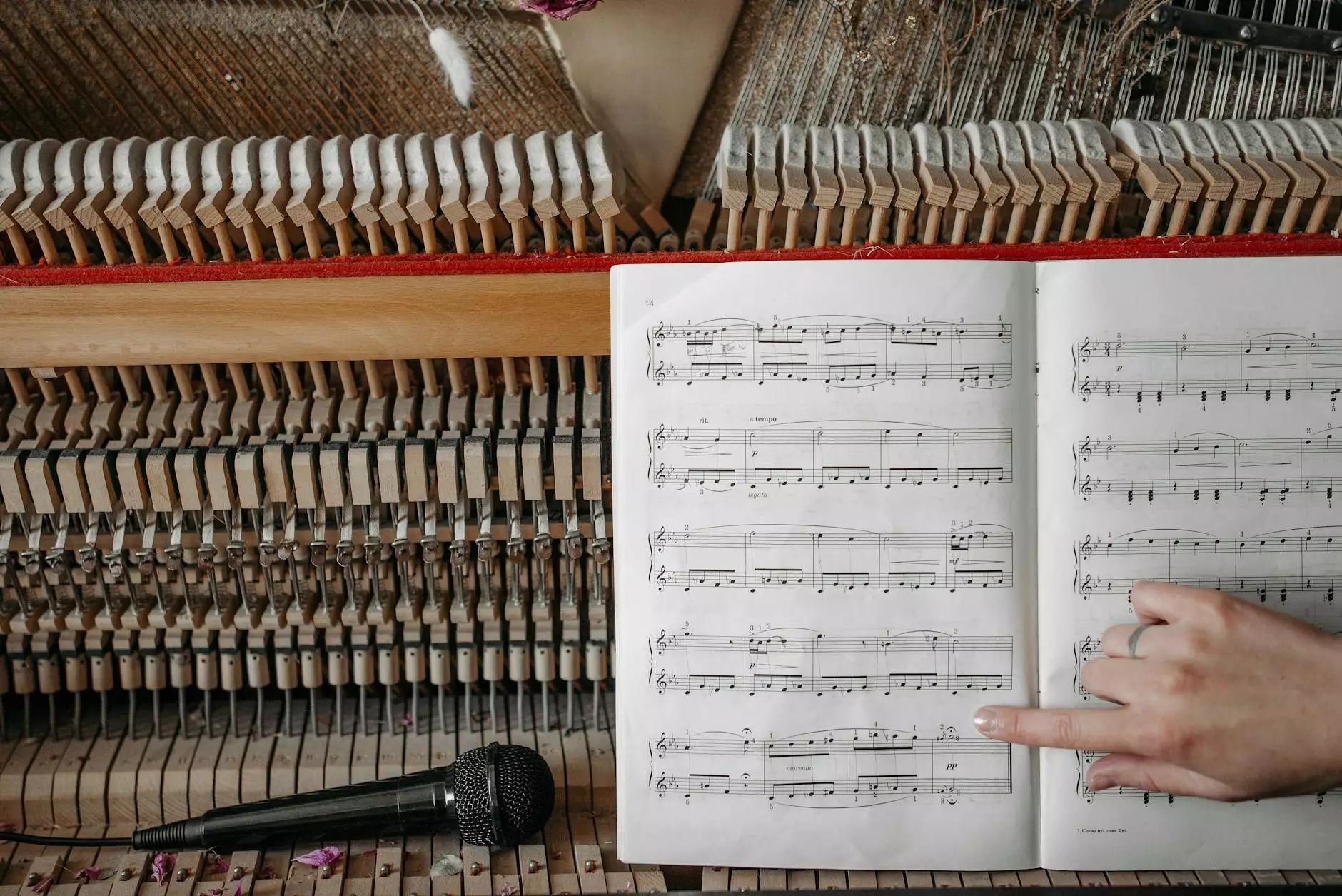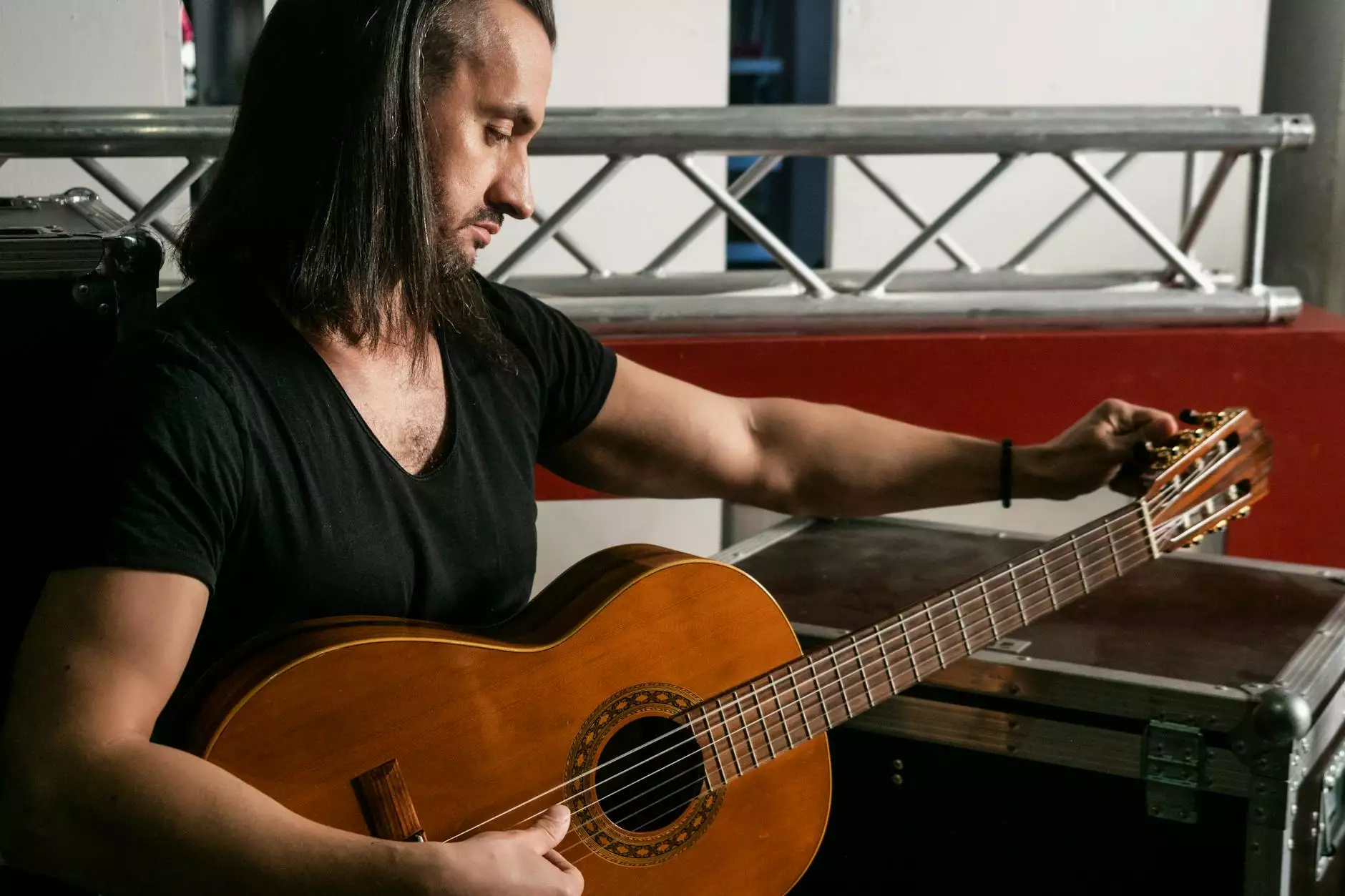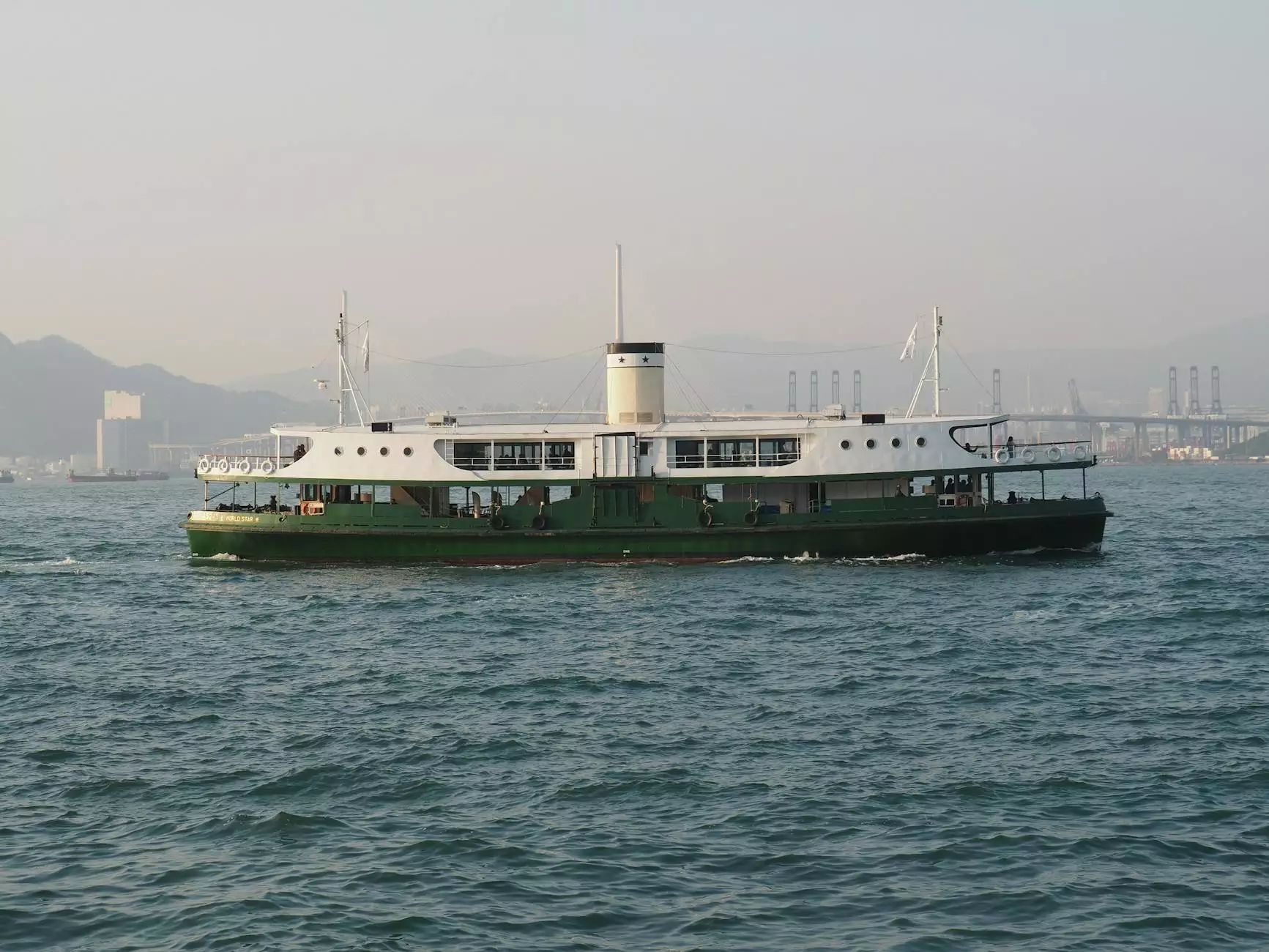Exploring the Genius of Portuguese Composers

The world of music is immensely enriched by the contributions of portuguese composers who have traversed various genres and styles over centuries. From the haunting melodies of classical music to the vibrant sounds of contemporary compositions, the influence of these artists is profound and enduring. In this article, we will explore the lives and works of some of the most notable compositores portugueses, their artistic journeys, and the impact they have left on the musical landscape.
The Historical Context of Portuguese Music
To fully appreciate the depth of portuguese composers, it's essential to understand the historical context in which they created their music. Music in Portugal has evolved over time, richly influenced by various cultural exchanges, including:
- The Age of Discoveries: The period during the 15th and 16th centuries, characterized by exploration and cultural interactions.
- Religious Influence: The Catholic Church played a significant role in music composition, especially in the creation of sacred works.
- Folk Traditions: The integration of traditional folk music elements has shaped many composers' styles.
Notable Portuguese Composers Throughout History
1. Manuel de Falla
Though Spanish, his close work with Portuguese music makes him relevant in our discussion. He is often credited with connecting Portuguese and Spanish musical traditions. His compositions reflect the rich flavors of Iberian music, highlighting how deeply intertwined these cultures are.
2. José Vianna da Motta
A pivotal figure in the early 20th century, Vianna da Motta was not only a composer but also a renowned pianist and conductor. His works often showcase nationalistic elements and a strong connection to Portuguese literature, making them uniquely resonant. His composition, Sonata for Piano and Violin, continues to be celebrated for its intricate harmonies and emotional depth.
3. Alfredo Keil
Known for his operatic works, Alfredo Keil played a significant role in the revival of Portuguese opera. His most notable opera, Barco de Pedra, showcases the fusion of romanticism and nationalism. Keil’s compositions often celebrate Portuguese folklore and traditions, capturing the heart and soul of the Portuguese people.
4. Lopes-Graça
Fernando Lopes-Graça is celebrated for his commitment to promoting Portuguese music. He was heavily influenced by the folklore of Portugal, integrating traditional themes into a modern context. His choral works are particularly noteworthy and reflect the cultural richness of the nation.
The Evolution of Portuguese Music in the Modern Era
In recent decades, the musical landscape in Portugal has expanded dramatically. Contemporary portuguese composers have drawn inspiration from the past while embracing global musical trends. This blend of tradition and innovation has led to the emergence of new genres and styles.
1. Contemporary Classical Music
Modern composers such as Aguinaldo Ribeiro and Susana Ventura are reshaping the classical scene in Portugal. Their works often incorporate electronic elements and interdisciplinary approaches, allowing for a fresh interpretation of classical music.
2. Film Music and Soundscapes
The film industry in Portugal has also seen the rise of talented composers like Nuno Malo and Tiago Oliveira. Their scores add emotional depth to films, proving that portuguese composers are key players in the world of cinematic music.
3. Experimental Music
Artists such as Rafael Toral and César Vandenabeele are at the forefront of experimental music in Portugal, pushing boundaries and challenging traditional notions of composition. Their innovative approaches often blend different genres, incorporating technology and multimedia elements into their works.
Influences and Characteristics of Portuguese Music
The unique identity of Portuguese music is a tapestry woven from various influences, reflecting the nation's history and culture. Characteristics commonly found in the works of portuguese composers include:
- Melodic Richness: Many compositions feature lush melodies that capture the soul of Portuguese folklore.
- Harmonic Complexity: A hallmark of classical music, the use of intricate harmonies can be seen in both traditional and modern compositions.
- Rhythmic Diversity: Rhythms often borrow from traditional dances, creating an engaging auditory experience.
The Legacy of Portuguese Composers
The contributions of portuguese composers extend far beyond the borders of Portugal. Their works have found homes in concert halls, theaters, and festivals worldwide. The resurgence of interest in classical music, fueled by the dedication of musicians and scholars alike, has ensured that the music of these composers continues to be celebrated.
Educational Institutions
Institutions like the Lisbon Conservatory and University of Porto are leaders in music education, nurturing the next generation of compositores portugueses. These institutions emphasize the importance of both performance and composition, ensuring that the rich traditions of Portuguese music are taught alongside modern practices.
Music Festivals
Events such as the Algarve International Music Festival and the Lisbon & Sintra Film Festival showcase the works of portuguese composers and promote collaboration with international artists. These festivals serve as significant platforms for exposure, allowing composers to reach wider audiences.
The Future of Portuguese Music
The future of music in Portugal looks bright, with a new wave of talent emerging from the vibrant cultural scene. As artists continue to innovate while respecting their heritage, we can expect further evolutions in how portuguese composers approach their art.
1. Embracing Technology
The influence of technology on music production and distribution cannot be overstated. Many modern composers are exploring digital platforms to share their work, connect with global audiences, and collaborate with other artists, leading to a new era of creativity.
2. Global Collaborations
As the world becomes increasingly interconnected, portuguese composers are more often collaborating with international artists. These partnerships enrich their music and foster cross-cultural exchanges, creating a global tapestry of sound that reflects our shared humanity.
Conclusion
In conclusion, the legacy and influence of portuguese composers are vast and multifaceted. From the historical figures who laid the groundwork for future generations to the contemporary artists shaping today's musical landscape, their contributions are invaluable. Music lovers and scholars alike will continue to find inspiration in the rich history and modern evolution of Portuguese music.
As we look to the future, the potential for compositores portugueses to inspire and innovate is limitless. Their unique voices and artistic visions will undoubtedly continue to resonate through time, making their mark on the world stage and enriching the lives of many.









